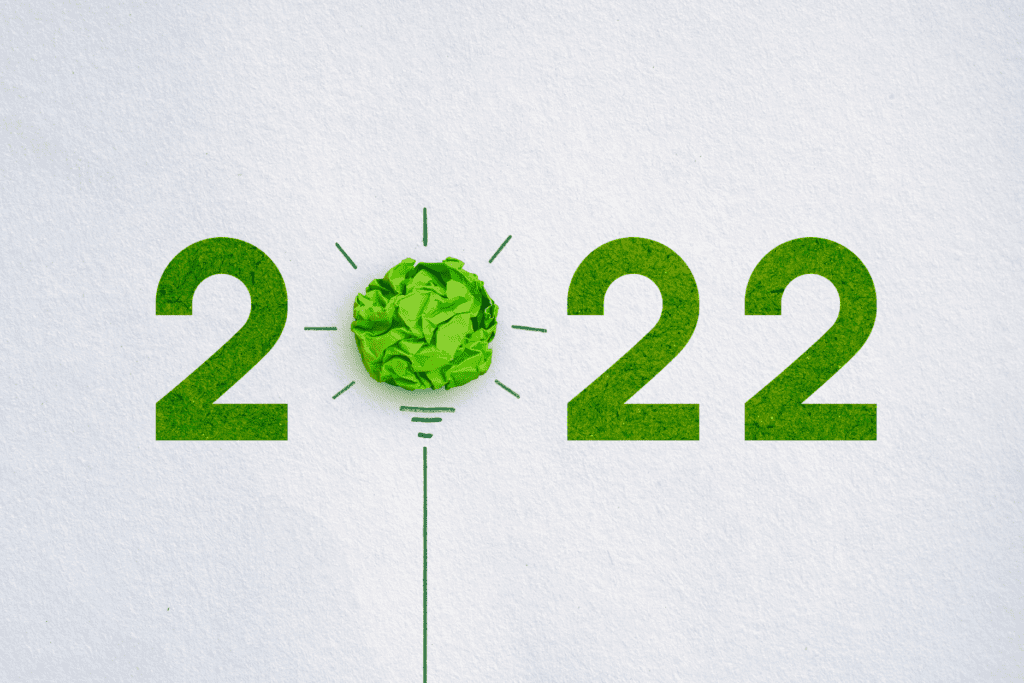by Elizabeth Hiza*

As we pass through the second year of a worldwide pandemic which has been traumatic for many, what New Year’s resolutions have they made? A recent survey as reported by CNBC of 14,600 workers in 13 countries by software firm Oracle and HR research firm Workplace Intelligence found that many people feel “stuck” in their personal and professional lives. Some of those individuals, particularly those who have lost loved ones, may find it hard to make decisions. However, difficult as things are at the moment, 2022 could look brighter if we can get through the latest version of the virus. Moreover, there are no signs that people have stopped making resolutions.
Like anything that involves human behavior, New Year’s resolutions draw their share of doubt and many jokes about their lasting or not-so-lasting impact. Some call resolutions a to-do list for the first week of January. The most frequent resolutions – exercise, save more, eat healthier, and lose weight are typical. Other resolutions after going through the pandemic may be to spend more time with family and loved ones or to pursue a career one always wanted. New Year’s resolutions really are closely linked to the desire for personal growth, and there are practices that can help along the way.
Mindfulness – being aware of our thoughts, feelings and surrounding environment and not being judgmental about them– has become widely familiar to millions of American in all facets of life, including the business world. Mindfulness places us “in the moment,” not fretting about past mistakes or worrying about some potential future challenge. Being mindful does not mean we are inactive, however. Far from it. Mindfulness can help us build a path to growth which will help us achieve our resolutions. There is solid research to substantiate this.
More Successful
Dr. Carol Dweck of Stanford University pioneered the research into “growth mindset” and its opposite, a fixed mindset. She sums up the findings of her in-depth research in her book, “Mindset: The New Psychology of Success.” It’s an enlightening read. On the one side, character traits we are supposedly born with can dominate and find expression in laments such as “I am not very athletic” or “I wish I were a creative type.” In contrast, at its peak, a growth mindset person sees their potential as limitless. We are all human and attaining that invaluable growth mindset can be an effort. The two biggest revelations that I got from my own research and Dr. Dweck’s findings is that people with a growth mindset are more successful. And, our brains are malleable, meaning that with time and, yes, effort, we can learn new skills at any age.
I love the feeling of renewal that comes with closing out a year and beginning a new one. I take a sense of satisfaction as I reflect on what went well and what have gone better. Of course, this exercise is only effective if you are honest with yourself and have a high level of accountability, meaning ownership of one’s life and actions versus feeling victimized if things don’t go according to expectations and life throws you a curve. This accountability mindset gives me a sense of control over the results in my life, and I understand that I can make the changes necessary to achieve my goals. I love the start of a new year because it holds endless possibilities for success in multiple area of my life. I like to goal stack: List eight to ten goals I want to accomplish through the year, including for 2022.
* Elizabeth Hiza is the Chief Marketing Officer of the Barnum Financial Group. She has spoken before numerous industry groups and audiences on the topic of mindfulness and having a growth mindset.



